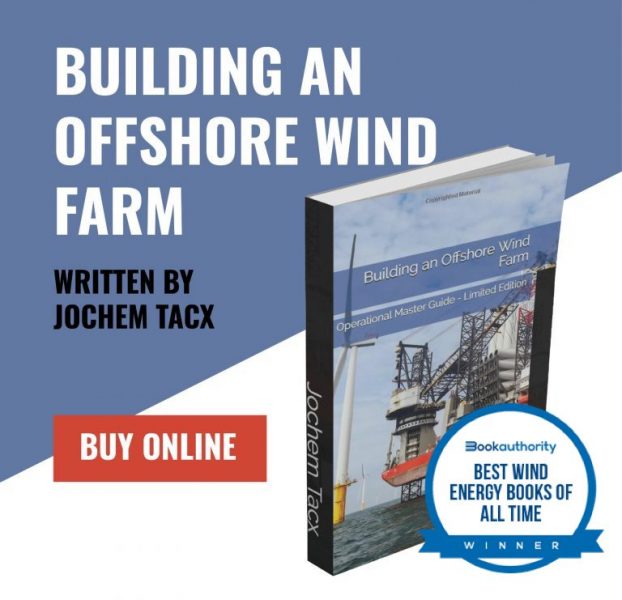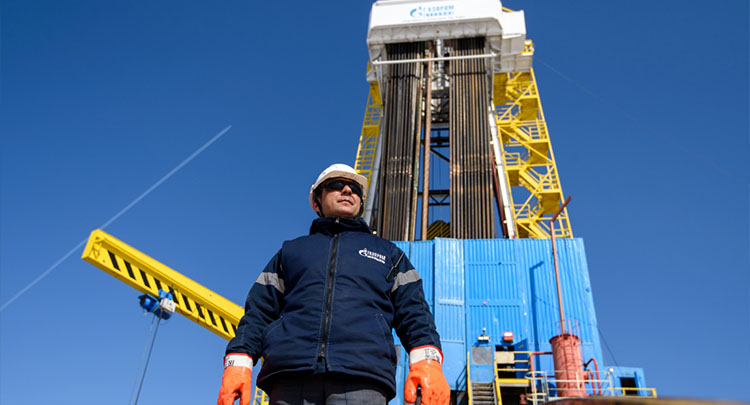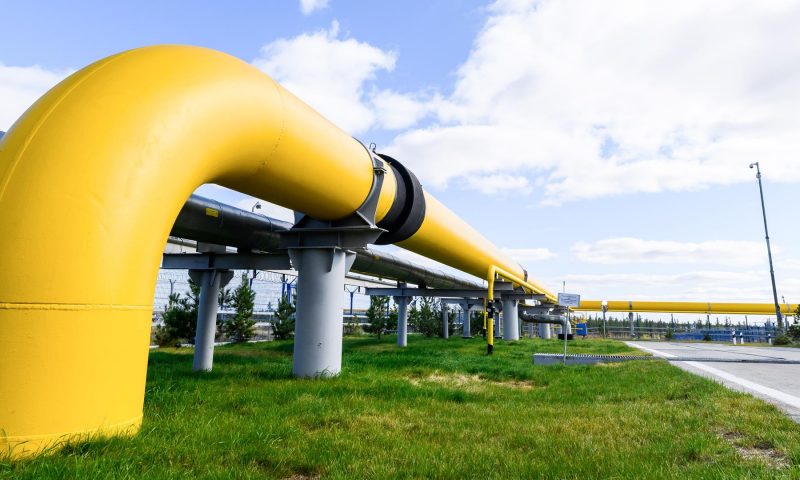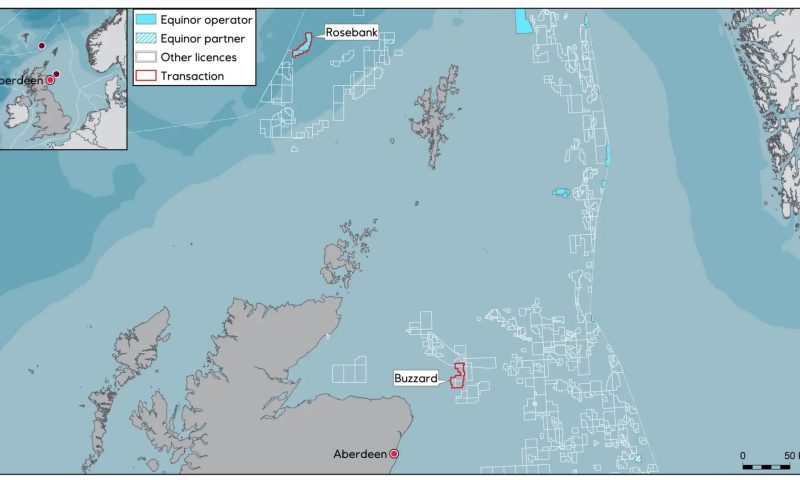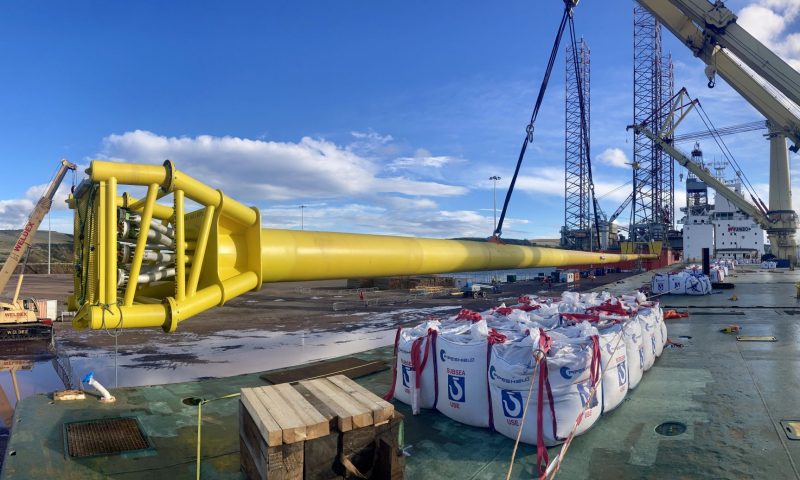
The Power of Siberia Pipeline
A 3,000km-long pipeline transporting natural gas from Russia to China has been launched, in an economic and political boost to ties between the two countries.
The pipeline, called the Power of Siberia pipeline, provides the world’s second largest gas exporter with a potentially huge market outside of Europe, which has long been Russia’s major market for gas.
China is now Russia’s top export market, with the pipeline project expected to last for three decades, generating $400 billion for the Russian economy.
The move means Russia’s gas exports now stand on two legs — one being Europe, the other Asia — according to Francis Perrin, Senior Fellow at the French Institute for International and Strategic Affairs (IRIS).
Gazprom, the Russian state-controlled energy company, intends to “remain the leading gas supplier to Europe for decades to come,” said Perrin, who specialises in energy issues.
He told Energyfacts that the signature of the contract with China in 2014, around the same time that Western sanctions were imposed over the annexation of Crimea, was coincidental.
“During this period there was the beginning of war between Russia and Ukraine, and the beginning of western sanctions. But of course if Russia and China were able to sign a huge contract in 2014, it was because the two countries were negotiating for a long time. A huge contract like this takes many years to negotiate.”
‘A genuinely historical event’
Russian President Vladimir Putin and his Chinese counterpart Xi Jinping oversaw the opening of the pipeline on Monday, with Putin calling it a “genuinely historical event” for the two countries.
Xi told Putin via a video link that the newly launched gas pipeline is “a landmark project of bilateral energy cooperation” and an “example of deep integration and mutually beneficial cooperation”.
It’s not just a huge increase in gas Russia is sending to China. It has also dramatically increased deliveries of oil over the past decade, at times challenging Saudi Arabia as China’s top oil supplier.
Geopolitical concerns
Russia is looking to increase its exports to Europe at the same time. Along with the Power of Siberia pipeline, it has been constructing the Nord Stream 2 line to Germany, and the Turk Stream to Turkey.
Perrin points out these two projects are not exactly in line with the goal of the EU, which is to diversify sources of energy, because it means more Russian gas in the future.
The US has been concerned about the fact that “the EU generally speaking, and Germany in particular, are importing more and more Russian gas,” Perrin said.
“They have worries Russia could use gas a political weapon directly or indirectly in order to gain more influence. It is a part of their geopolitical concerns.
“So far Europe doesn’t agree with this stance. Europe is buying more Russian gas, while also trying to diversify gas supplies,” he said.



